What data recovery tools to buy if you want to start a data recovery business?
Free video data recovery training on how to recover lost data from different hard drives?
Where to buy head and platter replacement tools at good prices?
Data recover case studies step by step guide
I want to attend professional data recovery training courses
There are many things RAID can’t do. One very dangerous phenomenon that is sometimes exhibited by those who are using RAID systems is that they develop an “invulnerability complex”. Much like those strange people who think being behind the wheel of an SUV means they can drive up the side of Mt. Everest and therefore zip around in bad weather at 60 mph, some PC users who have RAID systems with redundancy seem to think that the data protection means they are “all covered”. They stop worrying as much about maintenance and backups, just like those SUV owners think that four-wheel drive has obviated safe and cautious driving.
While the redundancy that is built into RAID definitely gives you some very important protection, it doesn’t turn your PC into Superman (er… “SuperPC”). There are still sources of failure that can and do strike RAID systems. If you examine this list of risks to your data, one thing will become clear immediately: RAID not only doesn’t protect against all of them, it doesn’t even protect against most of them! RAID won’t help you if a virus wipes out your system, or if a disgruntled employee decides to delete all your files, or if lightning hits your building and causes a fire in your computer room. And even in the area of hardware failure, RAID is not foolproof. There have been cases where more than one drive has failed at the same time, causing the entire array to fail and necessitating expensive data recovery. It’s not common, but then, neither are lightning strikes. This is one reason why backups remain critical even when RAID is used.
And of course, a final note on RAID 0, which has become very popular amongst those who strive for improved performance and “don’t care” about enhanced reliability: RAID 0 should really be called “AID”, because there is no redundancy at all, and therefore, you have no fault tolerance, and no protection against data loss. In fact, the reliability of a RAID 0 system is much worse than that of a regular hard disk. Also, recovery from a failure of any RAID 0 hard disk is extremely difficult. Keep your backups current, and remember the risks you take if you go with RAID 0–most don’t until disaster strikes.
More Details Of RAID Disadvantages
A major disadvantage regarding the RAID drive is that there needs to be written the drivers for a Network Operating System (NOS). Hence the major fact and also the most important usage of the RAID system is that it is essentially designed and extensively used in a server. So when the server comes into the picture, there obviously has to be a network.
Hence the device drivers should be included so as to design the system. The design is a quite complex process as far as the RAID is concerned. Another disadvantage regarding the RAID is that it is very much difficult for an administrator to configure the RAID system. The ability to dynamically enlarge the RAID server is also complex process; especially for those administrators who are the IS managers and also the LAN administrators.
Also the major disadvantage is that the system should support the RAID drives. Most of the RAID drives include the different types like the RAID 0, RAID 1, and RAID 2 etc. Hence if the server system is using a different type of RAID drive and that is not supported by the system then the problem of availability may arise.
The situation involves the determination of the RAID drives that are needed because some of the systems might support some different types of RAID drives and the other systems may support some different types of RAID drives. The DGR technology allows the administrator of any network system to reconfigure the Storage Dimensions RAID System. The DGR here stands for the Storage Dimensions Dynamic Growth and Reconfiguration. Along with the disadvantages also the RAID system offers a lot of growth and stability and the advantages override these things. Hence RAID is still the most widely used server even along with the above mentioned disadvantages
Data recovery Salon welcomes your comments and share with us your ideas, suggestions and experience. Data recovery salon is dedicated in sharing the most useful data recovery information with our users and only if you are good at data recovery or related knowledge, please kindly drop us an email and we will publish your article here. We need to make data recovery Salon to be the most professional and free data recovery E-book online.

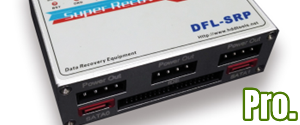
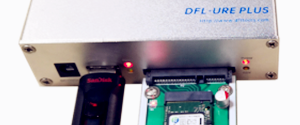
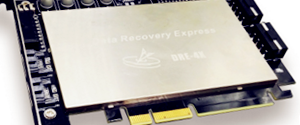

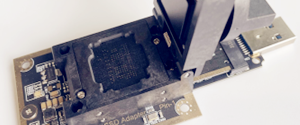
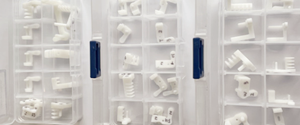
Comments are closed
Sorry, but you cannot leave a comment for this post.